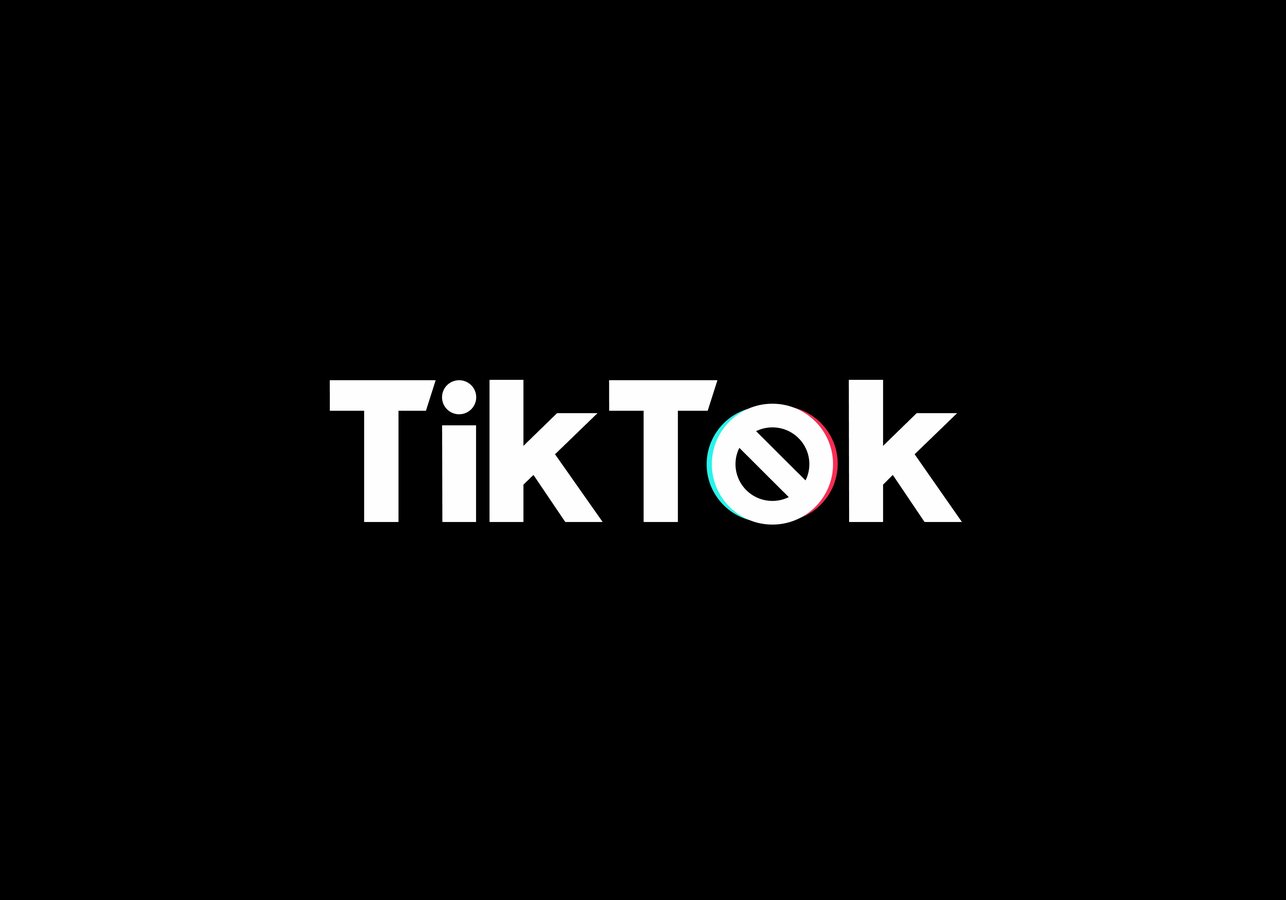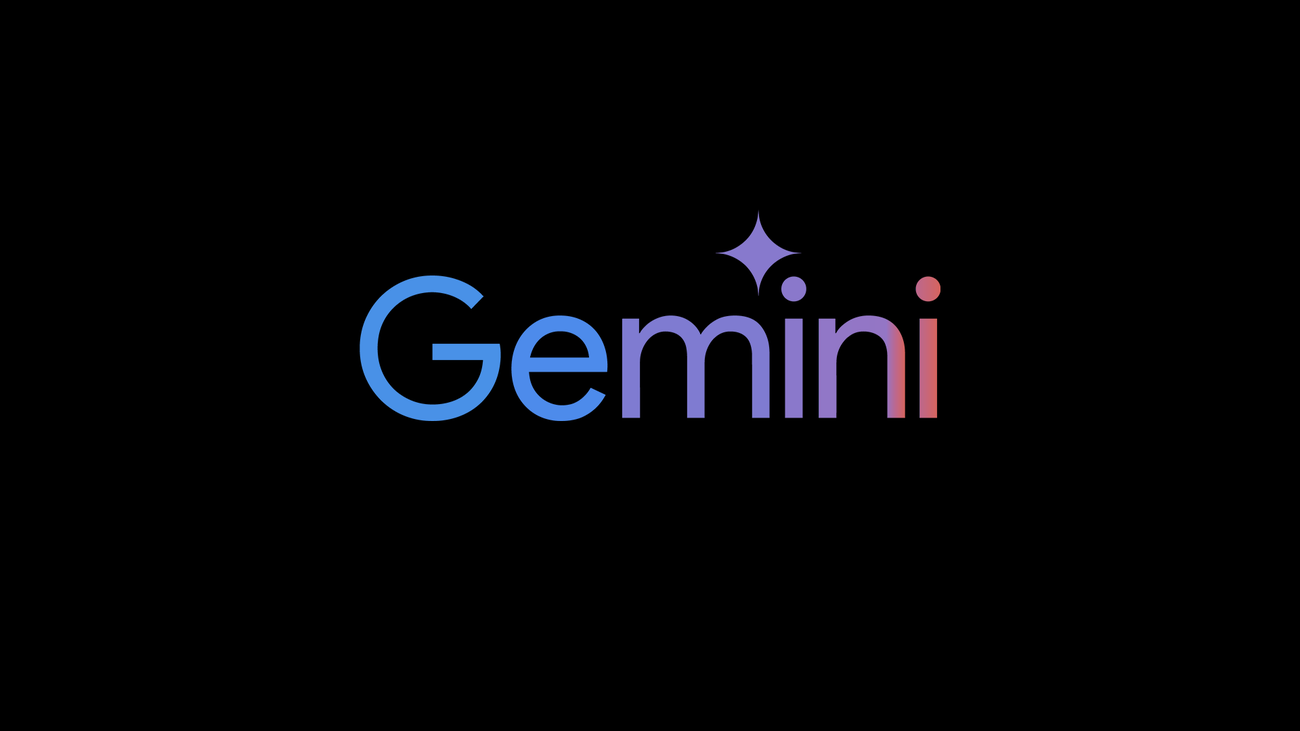How the Rise of Voice Search is Changing Digital Marketing
Voice-recognition technology is changing the game...and marketers need to adapt.

Voice-activated technology is rapidly shifting the digital landscape, with voice search usage jumping dramatically in just the past year, growing from a “statistical zero” at the beginning of 2015 to nearly 10% of searches worldwide by the end of the year.
Okay, Siri - what is voice search?
To put it simply, voice search uses speech recognition technology to help searchers find information online. Most voice search queries will return users with a direct answer that takes into consideration past behavior and previous dialog.
Recently, there has been an increase in voice search platforms entering the market. Despite a rocky past couple of years, big players such as Siri, Google Now, Cortana, and Alexa have made significant breakthroughs in their algorithms to finally understand natural human language.
Google reported that in 2013, their speech recognition technology had a word recognition error rate of 23%. That number has since dropped to only an 8% and the continued rise in voice-activated queries are a testament to how far it has come.
Currently, 44% of adults are using voice-activated search more than once a day and at I/O 2016, Google CEO Sundar Pichai, revealed that one in every five searches made with the Google Android app in the US is a voice query.
How Voice Search Differs from Text-based Search
It’s important to distinguish the differences between voice and text-based searches. While both are tools for users to find information online, the context and the way in which they are used are couldn’t be any more different.
Keywords vs Semantics
When someone types a query in a search engine, they’re trying to come up with two or three of the most relevant keywords. In contrast, most voice searches involve complete phrases and questions that mirrors natural human conversation. So while someone making a text search may enter “weather santa monica” into a search engine, a voice search will ask, “What’s the weather in Santa Monica?”
Micro Moments
In the mobile-first world we live in, people are increasingly turning to their smartphones for directions, purchases, and answers to their questions. These micro moments, a term coined by Google, can include looking up product availability, searching for a nearby business, or pulling a musician’s upcoming tour dates. The growing number of micro moments is a good problem to have and provides brands with more opportunities to be there for customers looking for information.
A common reason why people have begun to adopt voice search is because it offers the benefit of beings hands-free. A recent study found that 61% of users prefer to use voice search when their hands and vision are occupied and Google revealed that 38% of people talk to their phones while watching TV and 23% of adults will use voice search while cooking.
With shorter attention spans, voice search is the simpler and more time-effective solution for consumers on-the-go. Voice search, by nature, is ideal for situations when a user’s hands and eyes are occupied or when a query needs to be communicated quickly.
The opportunity is for brands to identify the micro moments that matter most, anticipating them, and offering value during those critical moments to shape consumer decisions.
How Voice Technology Affects Marketing
The rise of voice search has great potential to affect how brands can be found online and influence consumer behavior across search and digital technology.
Search Engine Optimization (SEO)
Voice search is a turning point for search marketers since new advancements in voice recognition are changing that way people find information online. To succeed with voice search, marketers will need to shift away from the traditional methods of targeting keywords and focus on more conversational languages. If this sounds familiar, it is because Google has taken steps to accommodate and place more emphasis on natural language and semantic search since they introduced their Hummingbird algorithm back in 2013.
Local Search
According to Mary Meeker’s Internet Trends, 22 percent of voice searches have local intent and mobile voice searches are three times more likely to be local-based than text search. Because voice search enables users to find information on-the-go, it has great potential to affect local search results. Google found that “near me” searches have increased 34 times since 2011 and that number has since doubled. This makes voice search the perfect opportunity for brick and mortar locations to increase foot traffic.
Let’s Talk Voice Commerce
As voice recognition technology continues to learn from our conversation, we can learn to use it to help us with our daily lives. Smart voice-assisted devices such as Amazon Echo and Google Home have entered a new frontier. And as consumer grow accustomed to voice-assisted devices and begin to incorporate it into their everyday lives, there will be huge potential for businesses to stay ahead of the competition by providing rich, relevant opportunities to engage. Even now, consumers are booking flights, making dinner reservations, and buying products all through the power voice.
Final Thoughts
Voice search is poised to grow tremendously over the next few years and the technologies are still being perfected. One if the major challenges is improving the capacity to understand different users, including accents, pronunciations, and inflections. Nevertheless, voice-recognition technologies are getting better at understanding these differences - and marketers have no choice but to adapt.






